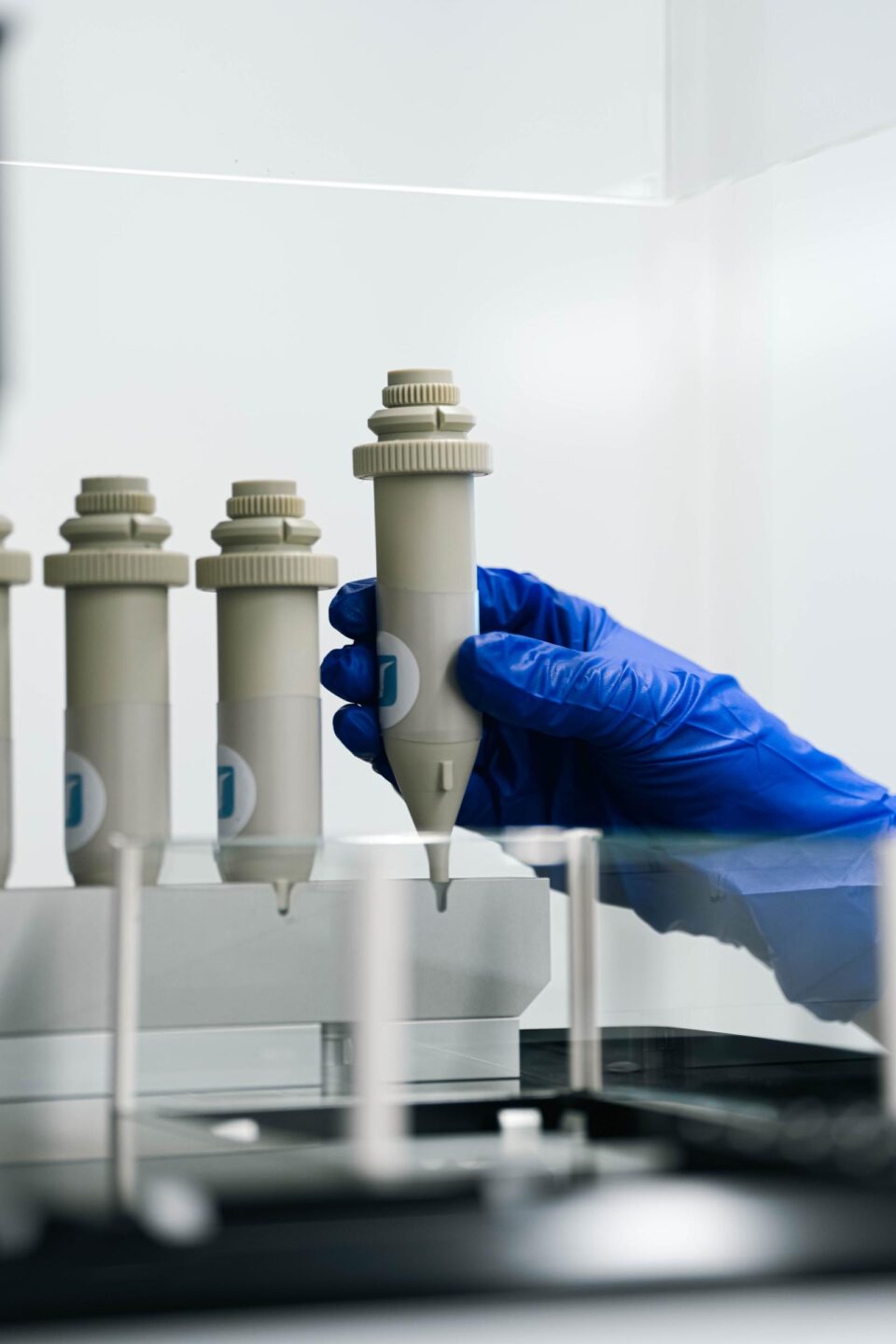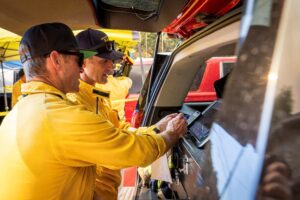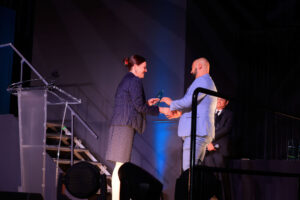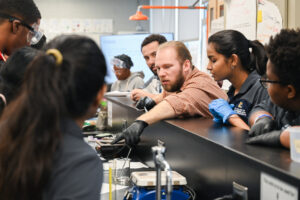New MDRI Partnership Aims to Revolutionize the Clean Energy Future
The Materials Discovery Research Institute (MDRI) has launched a four-year collaborative project with a Scottish university that aims to discover materials that could revolutionize the clean energy future.

MDRI and the University of St. Andrews in Scotland have agreed to join forces to explore new types of zeolites, which are minerals with small pores capable of capturing molecules inside of their frameworks. Under the MDRI-St. Andrews agreement, Yuanyuan Du, a doctoral candidate in chemistry at the University of St. Andrews, started working in January 2024 with a team of MDRI researchers seeking materials for use in eco-remediation efforts.
Top project priorities are new zeolites that would enable carbon capture directly from the air and water harvesting techniques that would produce clean water by extracting it from the atmosphere.
“It’s not a silver bullet, but it’s research that needs to be done to make carbon capture and water harvesting more effective and economically viable,” said Dr. Stuart Miller, MDRI’s executive director.
Carbon capture, which reduces carbon dioxide emissions by capturing and storing those emissions, may potentially become a significant component of the world’s response to climate change. Just 0.12% of the world’s carbon dioxide emissions were captured between 2000 and 2020 — though that amount has risen over the years, according to Statista, an online data portal.
The collaborative MDRI-St. Andrews project — called “Towards Novel Zeolite Materials for Carbon Capture Technologies” — targets novel zeolites for this and other eco-remediation applications because of their stability and versatility. Zeolites also are well known — more than 250 naturally occurring and synthetic zeolites are known and used for such products as cat litter, water softeners, and laundry detergents.
Du is currently working to invent novel zeolites and determine which existing zeolites have potential for eco-remediation applications. Once promising zeolite materials are identified, the project calls for synthesizing and characterizing samples at the University of St. Andrews. From there, Du will join the team at the MDRI laboratory in Skokie, Illinois, to leverage its high-throughput experimental capabilities in the search for new materials.
“I’m delighted at the opportunity to pursue solutions to such urgent challenges at one of the highest-tech materials science labs in the United States,” Du said. “MDRI’s high-throughput experimental capabilities pave the way for accelerated discoveries.”
The project’s final phase calls for publication of the collaboration’s results.
PUBLISHED









